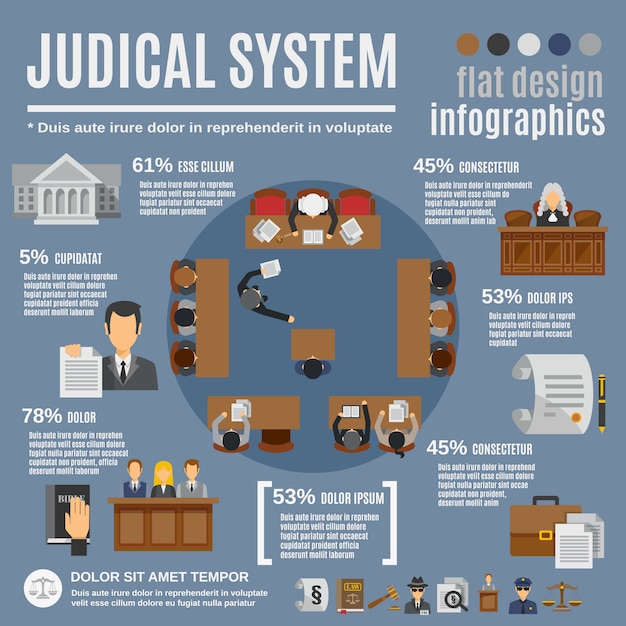The Price Of Deceit: A Financial Analysis Of Clerical Crime'S Impacts
The Price Of Deceit: A Financial Analysis Of Clerical Crime'S Impacts
Blog Article
Material Written By-Bagge Booker
Visualize an excellent garden, very carefully supported over years, full of vibrant blossoms and rich greenery. Currently, photo a swarm of dangerous bugs calmly penetrating this sanctuary, gnawing away at the origins and petals, leaving behind a route of damage.
This metaphor aptly catches the expense of clerical criminal offense, a sneaky menace that penetrates our economic situation with devastating effects. As you enter this discussion, prepare to reveal the concealed economic effect of clerical criminal activity and the significant consequences that stick around long after the wrongdoers have disappeared from the scene.
The Financial Toll of White Collar Crime
Clerical criminal offense exacts a hefty financial toll on individuals, businesses, and the overall economy. It isn't simply a victimless criminal offense or a small hassle. The consequences are far-ranging and devastating.
When individuals succumb to white collar crime, they often lose their life savings, their homes, and their complacency.
Businesses, on the other hand, experience huge monetary losses due to fraudulence, embezzlement, and various other forms of clerical criminal offense. These crimes lead to reduced profits, damaged reputations, and even insolvency sometimes.
Additionally, the economic climate all at once suffers as white collar criminal activity threatens count on the financial system, decreases consumer self-confidence, and hampers financial development.
The economic toll of clerical criminal activity can't be taken too lightly, and it's vital that we take strong measures to stop and combat this kind of criminal task.
The Disintegration of Count On Institutions
The disintegration of trust in establishments issues of white collar criminal offense that has significant effects for people and society. When white collar crimes are devoted by people ready of power and authority, it threatens the trust fund that individuals have in those establishments.
This erosion of count on can have a number of unfavorable effects:
- ** Loss of faith in the justice system **: When individuals see those in powerful positions escaping clerical criminal offenses, it can lead to a loss of confidence in the justice system. People may really feel that there's an absence of responsibility for those who commit such criminal activities, which can wear down rely on the legal system.
- ** Reduced confidence in financial institutions **: Clerical criminal activities usually involve monetary scams and adjustment. When individuals or institutions are condemned of such criminal offenses, it can cause a decline in confidence in financial institutions. This can have an unfavorable influence on the economy as people might be hesitant to spend or rely on these establishments with their money.
- ** Damaging of social material **: Trust in organizations is a fundamental column of a working culture. When that trust is worn down, it can cause a weakening of the social material. Individuals might end up being more negative and cynical of establishments, which can lead to a breakdown in social cohesion and collaboration.
Long-Term Economic Consequences
Loss of rely on institutions due to clerical criminal activity can have long-term economic consequences.
When people and companies lose faith in the stability of organizations, they might come to be hesitant to spend or take part in economic activities. This absence of trust can lead to a decline in consumer investing, as people come to be extra careful with their money.
Furthermore, click here now might be reluctant to create partnerships or participate in agreements, being afraid that they'll be made use of by underhanded individuals.
The long-term financial effects of this loss of trust fund can include slower economic growth, decreased work creation, and reduced market competitiveness. It's critical for institutions to address clerical crime and recover count on order to guard the long-lasting financial health and wellness of a nation or region.
Verdict
Finally, the financial impact of clerical criminal offense is staggering, with consequences that reach far past just economic losses. It wears down the trust fund we put in our institutions, leaving a space that's challenging to fill up.
Like Suggested Looking at , white collar crime leaves a lasting mark on our economic climate, leaving us to grapple with its after-effects for years to find.
